Pillars of Digital Leadership Series: Student Engagement and Learning
A Principal's Reflections
DECEMBER 15, 2013
It is set to be published by Corwin Press on January 14, 2014. Pillar #5: Student Engagement and Learning Many of us firmly believe in technology’s potential to transform the teaching and learning cultures of schools. For many students, school does not reflect real life. To view the entire series click HERE.





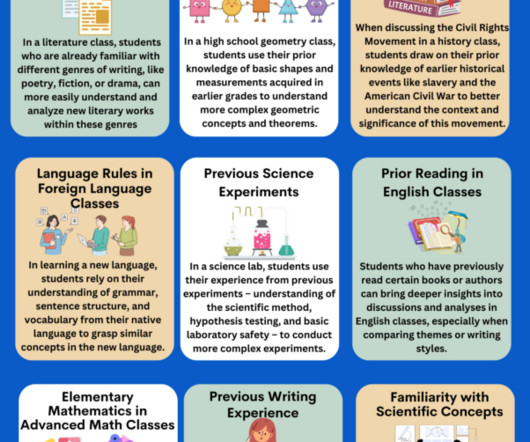













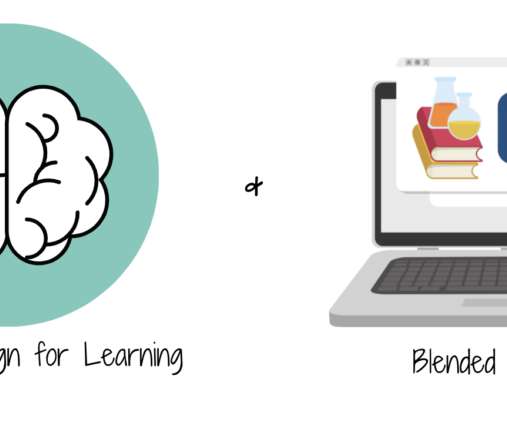



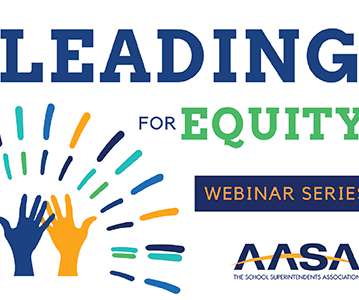





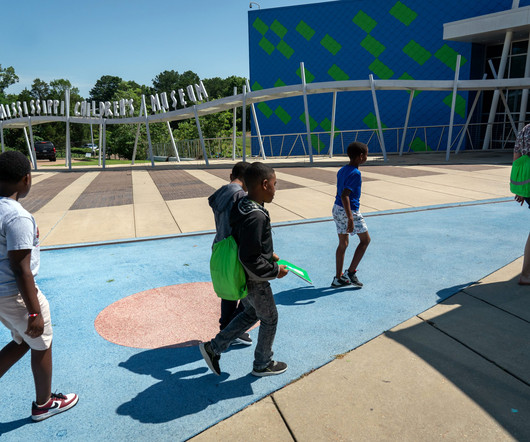
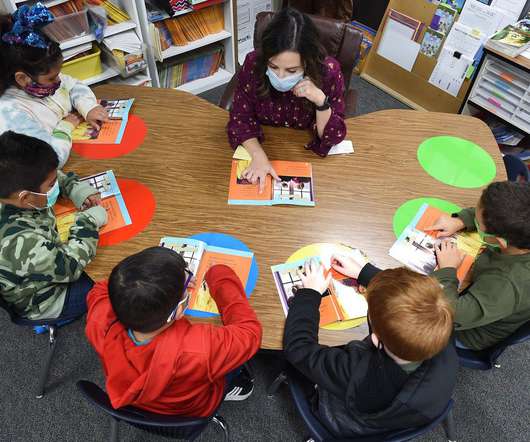













Let's personalize your content